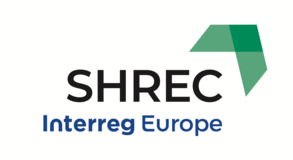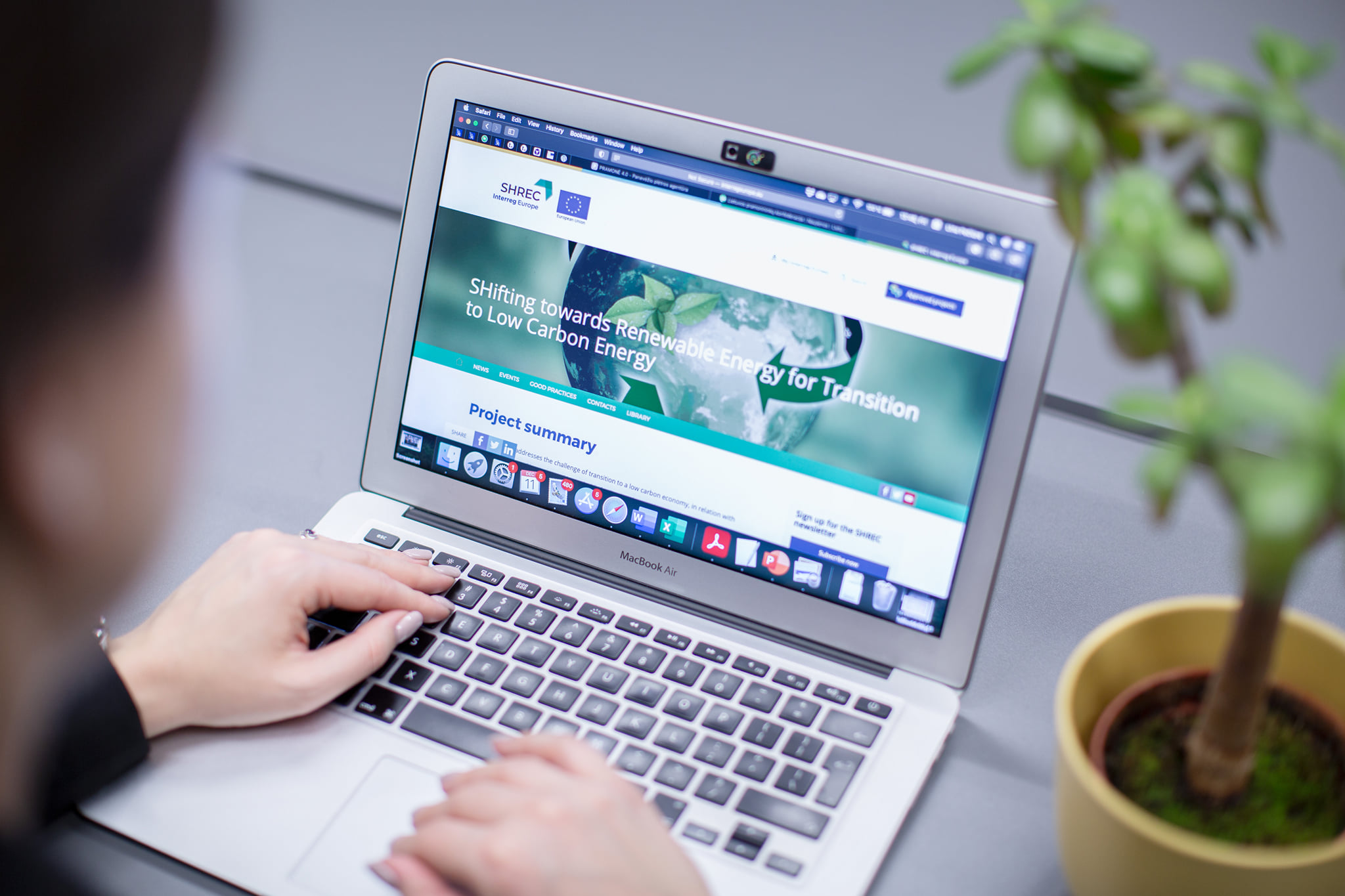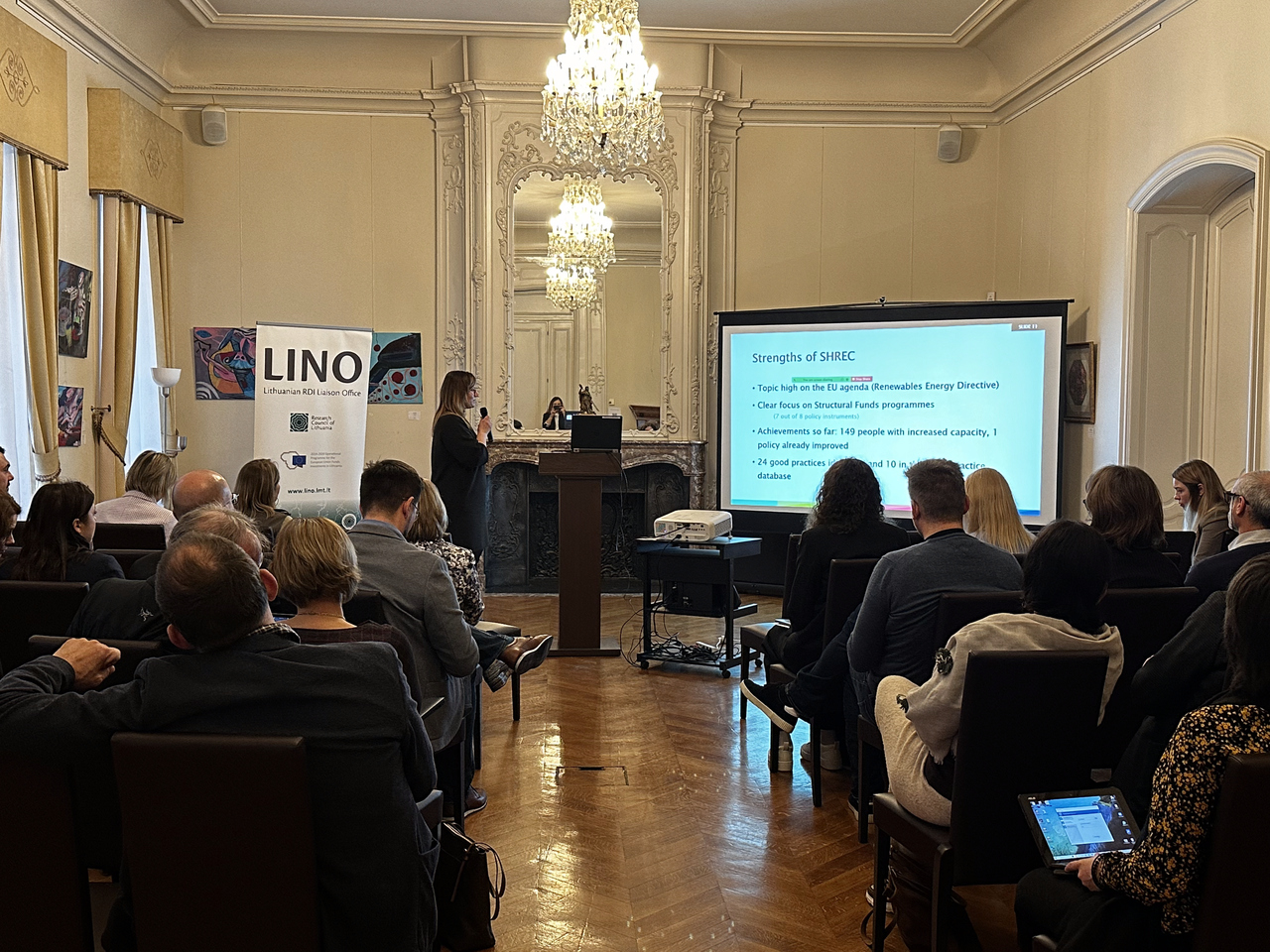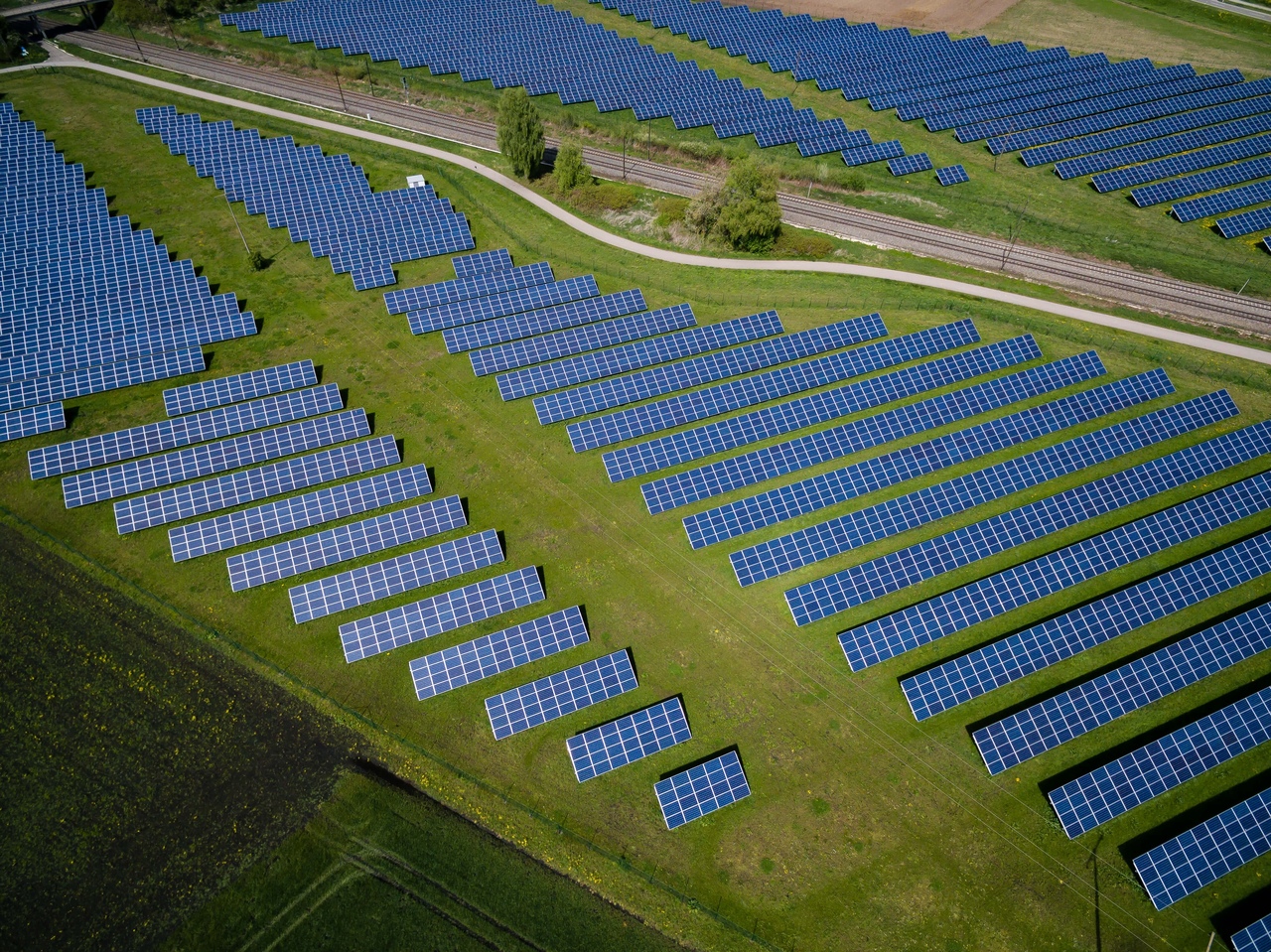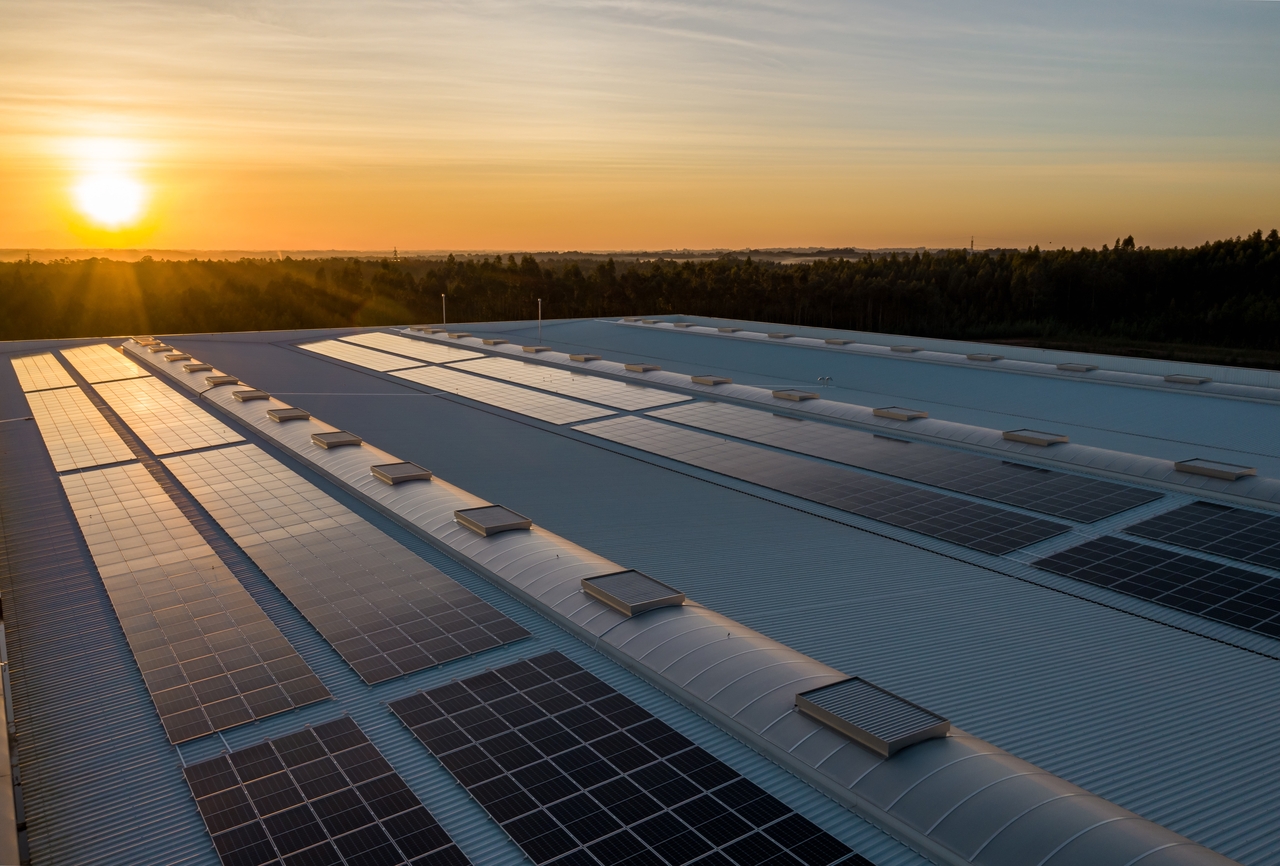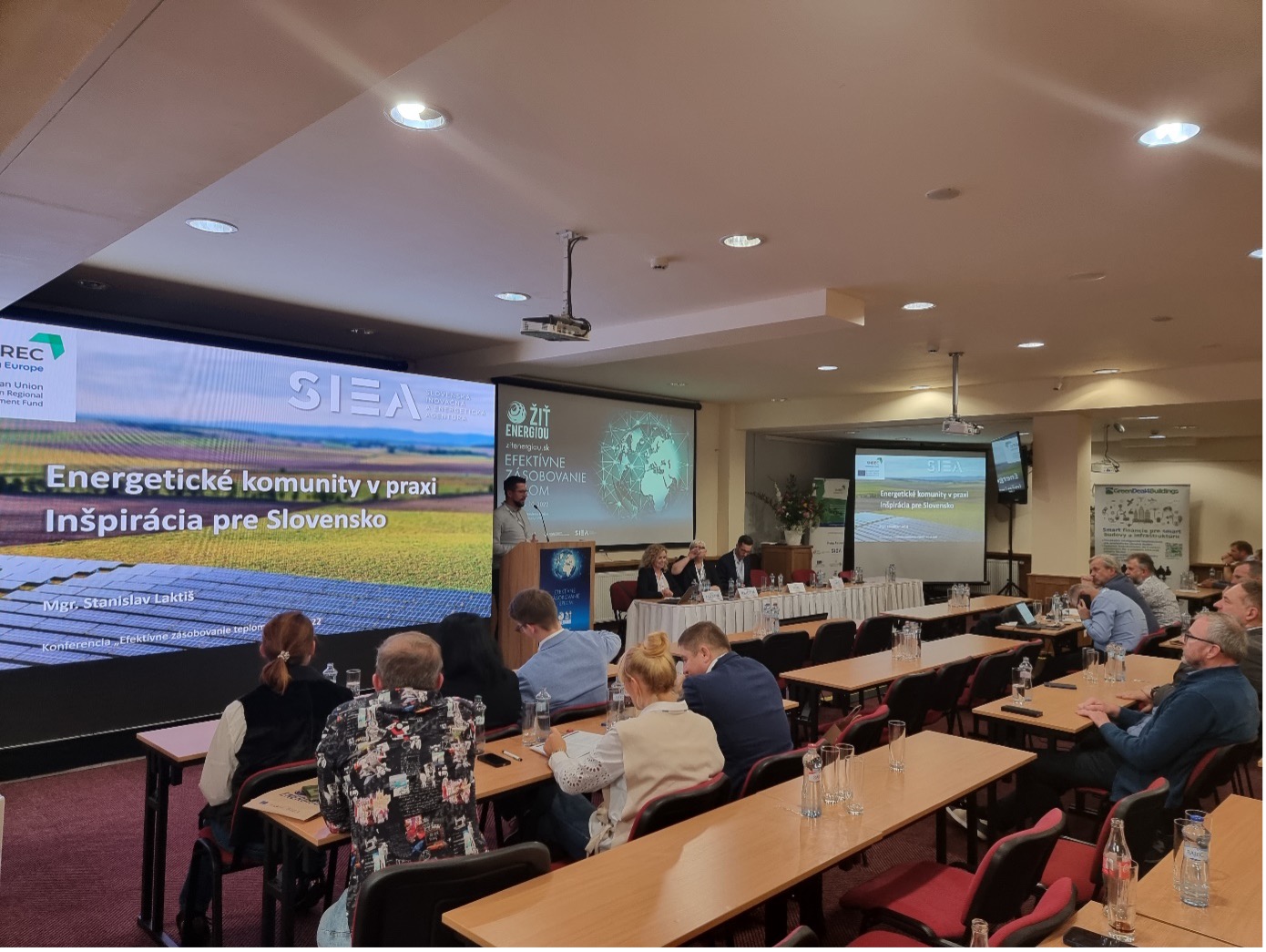On March 20, SHREC project partners and stakeholders gathered in Brussels, Belgium, to conclude the SHREC project and share the good practices learned and action plans implemented throughout the project.
The conference started with an opening word from Rima Dijkstra, the SHREC project leader, followed by a presentation from Rūta Ročāne, the Interreg Europe Secretariat, on the "Interreg Europe state of play and future opportunities". Later on, Rasa Tumaševičiūtė, the Representative of the Lithuanian RDI Liaison Office, spoke about the "European Union Green policy overview".
SHREC project in numbers
The highlight of the conference was the project results presented by Rima Dijkstra, the SHREC project leader. She emphasized that the SHREC strategic objective was to improve regional and national policies, increasing the share of energy from renewable sources in the overall energy mix. Additionally, the project aimed to encourage and facilitate the production and use of renewables by businesses, communities, and households, to achieve a less carbon-intensive energy future.
During the project, 57 policy learning events were organized, 24 good practices were identified, 149 people increased their professional capacity, and 8 action plans were developed. A review of the implementation of the action plans in each of the partner countries was conducted at the conference.
SHREC project results
Rima Dijkstra also presented the main results of the project, describing the SHREC interregional learning process, which consisted mainly of discussions, exchange of knowledge and good practices, and learning from each other. In this way, regional policies were improved. During the project, the SHREC team had four levels of involvement – institutional, inter-institutional, regional, and European. Close cooperation with regional stakeholders was maintained on an ongoing basis through joint meetings every semester and involving them in the exchange of experience events (physical and virtual).
Each partner later shared their experience with the project and presented the status of their action plan implementation. During the subsequent discussion, the partners and stakeholders collectively agreed that the SHREC project, despite the challenges posed by the COVID-19 pandemic, successfully achieved most of its planned results and even exceeded expectations in some areas.
The conference proceedings, along with presentations from the partner countries regarding their action plan implementations, can be accessed in the SHREC Library.





